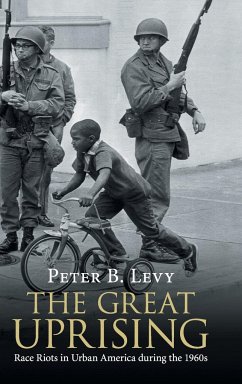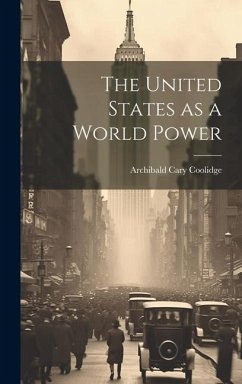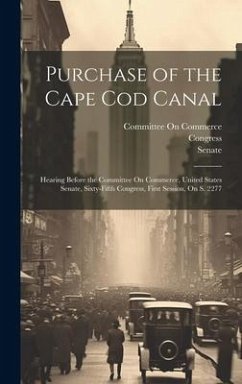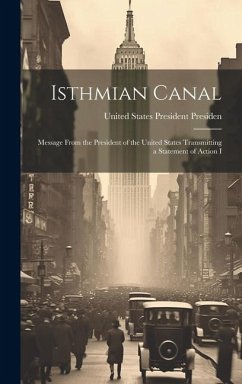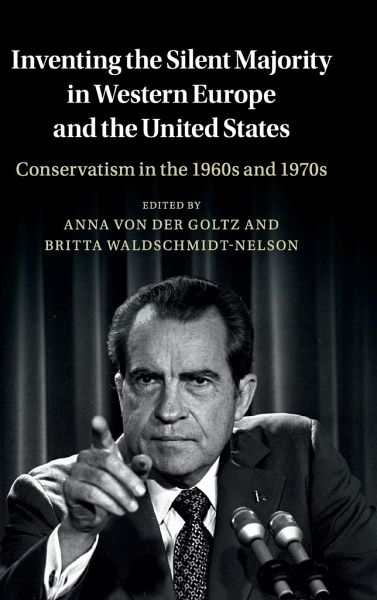
Inventing the Silent Majority in Western Europe and the United States
Versandkostenfrei!
Versandfertig in 1-2 Wochen
123,99 €
inkl. MwSt.

PAYBACK Punkte
62 °P sammeln!
Inventing the Silent Majority in Western Europe and the United States examines the unprecedented mobilization and transformation of conservative movements on both sides of the Atlantic during a pivotal period in postwar history. Convinced that 'noisy minorities' had seized the agenda, conservatives in Western Europe and the United States began to project themselves under Nixon's popularized label of the 'silent majority'. The years between the early 1960s and the late 1970s witnessed the emergence of countless new political organizations that sought to defend the existing order against a perce...
Inventing the Silent Majority in Western Europe and the United States examines the unprecedented mobilization and transformation of conservative movements on both sides of the Atlantic during a pivotal period in postwar history. Convinced that 'noisy minorities' had seized the agenda, conservatives in Western Europe and the United States began to project themselves under Nixon's popularized label of the 'silent majority'. The years between the early 1960s and the late 1970s witnessed the emergence of countless new political organizations that sought to defend the existing order against a perceived left-wing threat from the resurgence of a new, politically organized Christian right to the beginnings of a radicalized version of neoliberal economic policy. Bringing together research by leading international scholars, this ground-breaking volume offers a unique framework for studying the phenomenon of conservative mobilization in a comparative and transnational perspective.






